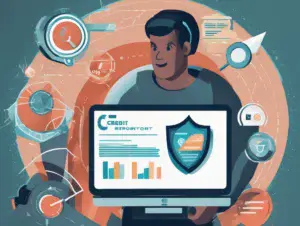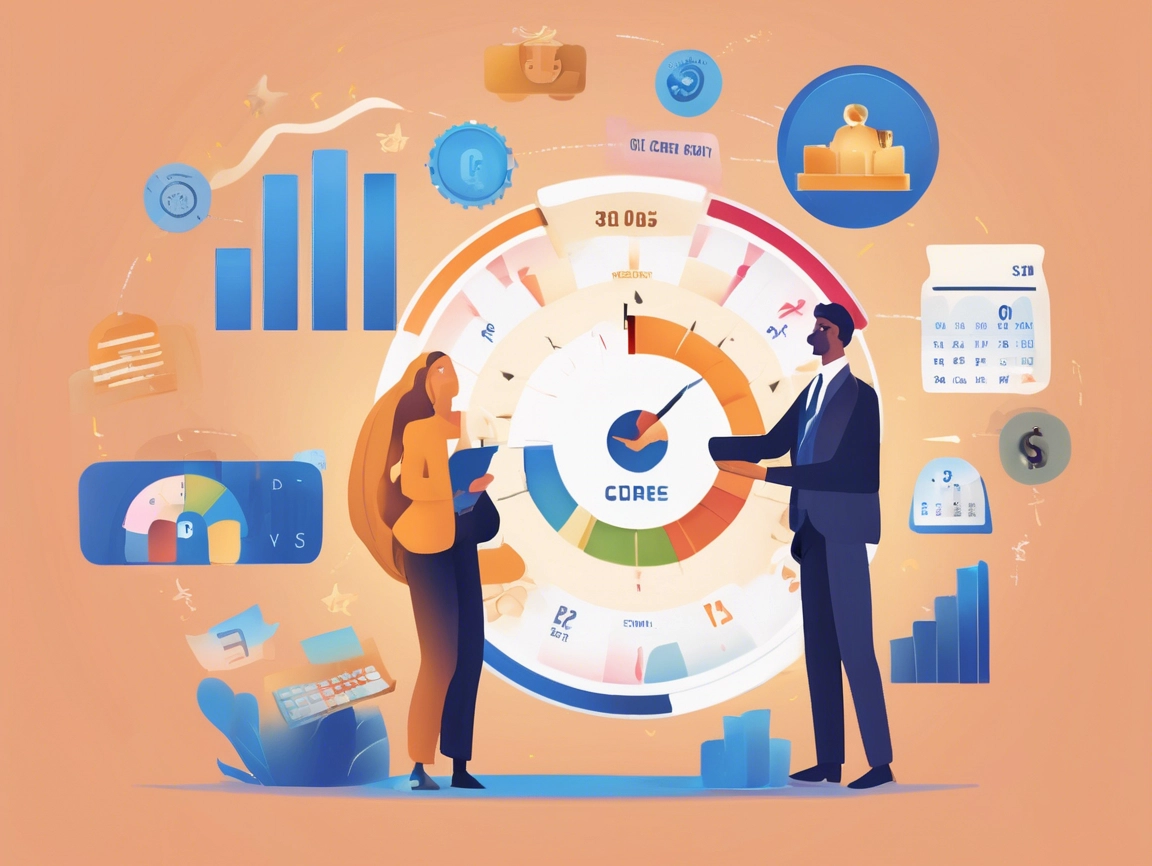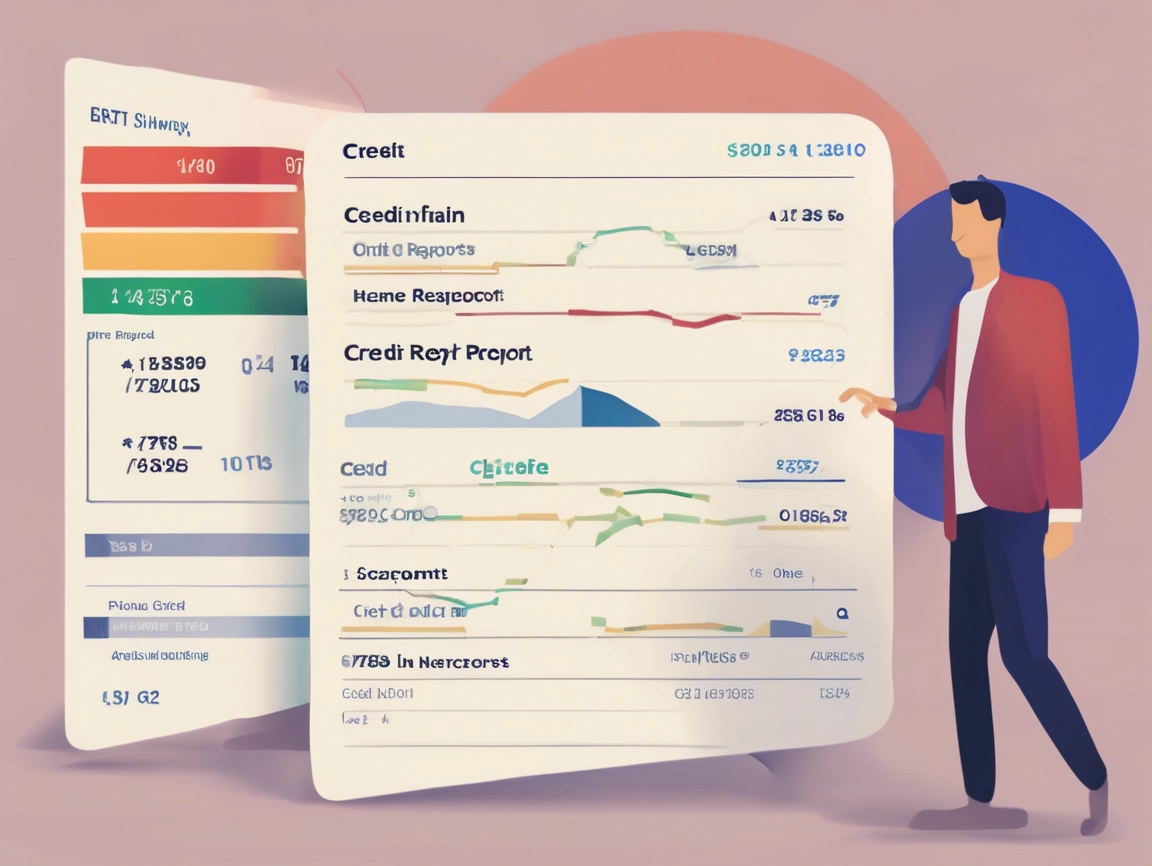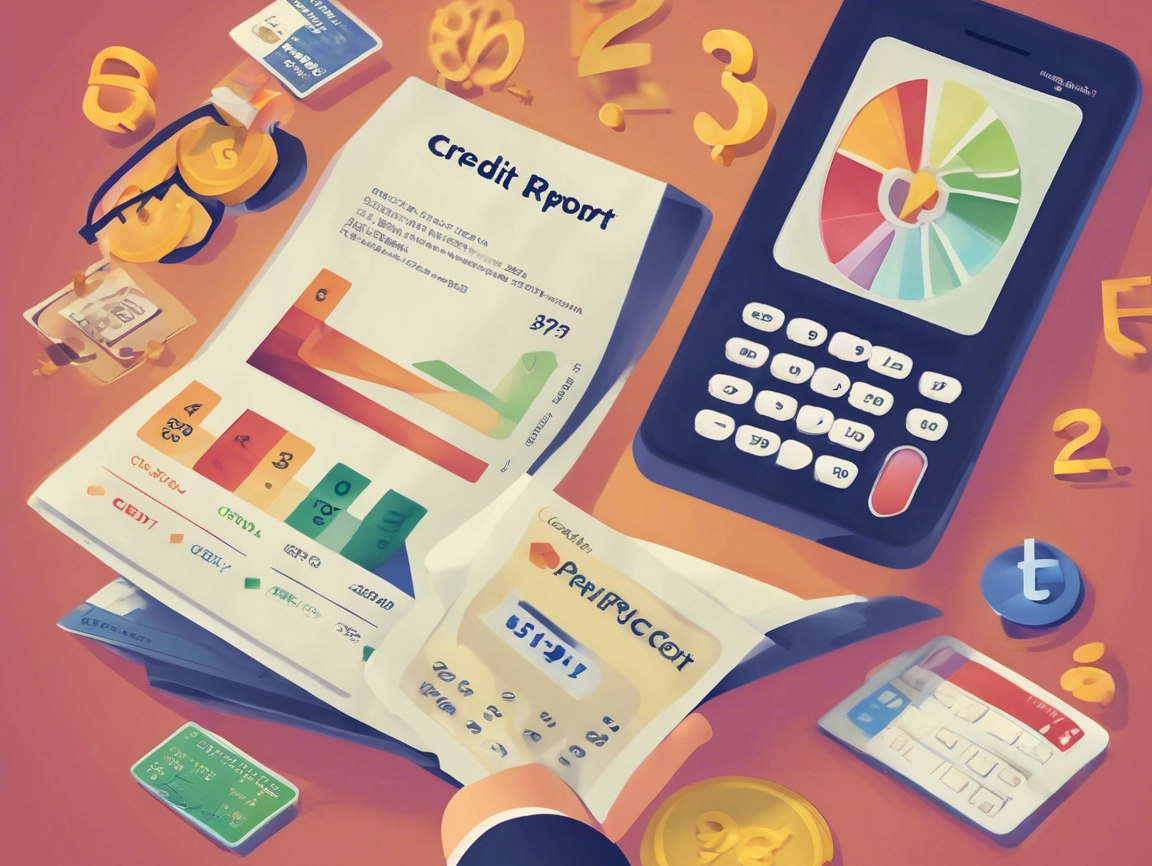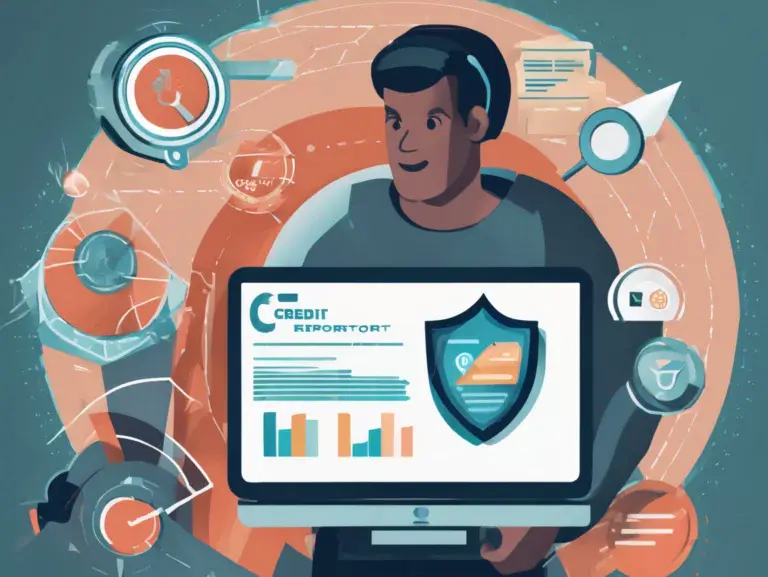Your financial health is like a garden—it needs care and attention to thrive. One important tool in keeping your financial “garden” healthy is credit monitoring. But what exactly is credit monitoring, and how can it benefit you? Whether you’re aiming to protect your identity, catch mistakes in your credit report, or improve your credit score, credit monitoring plays a crucial role in staying financially secure.
What Is Credit Monitoring?
Credit monitoring is a service that keeps an eye on changes to your credit report. These changes can include new credit inquiries, updates to your accounts, or signs of suspicious activity. You’ll usually receive alerts when something significant changes, helping you respond quickly if something goes wrong.
Think of credit monitoring as a security system for your financial life. It won’t stop identity theft or errors on your credit report, but it can warn you when these issues arise so you can take action before they escalate.
Benefits of Credit Monitoring
Understanding how credit monitoring impacts your financial health starts with looking at its biggest benefits.
1. Prevent Identity Theft
Identity theft is more common than most people realize, and your credit report is one of the first places it may show up. Credit monitoring alerts you to unusual activity—such as new accounts opened in your name or a sudden hard inquiry—so you can investigate and resolve the issue promptly.
- Example: If someone tries to open a credit card using your Social Security number, you’d be notified immediately, giving you a chance to stop the fraud in its tracks.
2. Detect Errors Quickly
Mistakes on credit reports are more common than you’d think, and they can damage your credit score. Credit monitoring services can help you identify inaccuracies, like incorrect account information or unexplained balances. The sooner you catch errors, the easier they are to fix.
- Example: Say you see a late payment listed for an account you’ve always paid on time. You can dispute the error with the credit bureau and have it corrected before it affects your score.
3. Improve and Maintain Your Credit Score
Credit monitoring isn’t just reactive—it can also be proactive. By watching your credit regularly, you can spot behaviors or patterns that may hurt your score. For example, high credit utilization or too many inquiries can lower your score, and monitoring keeps you aware so you can make changes.
- Practical Tip: Reduce credit card balances below 30% of your credit limit to boost your score over time.
4. Stay in Control of Your Financial Goals
Your credit score affects major financial milestones, from buying a home to securing a good auto loan rate. Credit monitoring keeps you informed, so you’re always in the best position to negotiate terms or qualify for better deals. It’s empowering to know where you stand financially at any given time.
Choosing a Credit Monitoring Service

There are countless credit monitoring services out there, which can make it hard to know where to start. Here are some factors to consider when deciding between free and paid options.
Free Credit Monitoring
- Pros: Many banks and credit card issuers offer free credit monitoring services, which typically include basic alerts for changes to your credit report or score.
- Cons: Free services may only track data from one or two credit bureaus, meaning you won’t get the full picture. They may also lack more advanced features like identity theft insurance.
Paid Credit Monitoring
- Pros: Paid services often provide detailed monitoring across all three major bureaus (Experian, Equifax, and TransUnion), identity theft protection, and additional features like fraud resolution assistance.
- Cons: They can range in price from $10–$30 per month, which is an added expense.
- Who Needs Paid Monitoring?
If your identity has been stolen before or you manage complex finances, a paid credit monitoring service may be worth it for peace of mind.
How to Get Started with Credit Monitoring
Taking the leap into credit monitoring is simple. Here’s how you can get started:
- Research Options. Look at what services your bank or credit card provider offers for free. Then, compare these to paid services from companies like Experian or Credit Karma to see what fits your needs.
- Set Up Alerts. Once you choose a service, customize alerts for different changes to your credit. Common triggers include new hard inquiries or changes to your personal information.
- Monitor Regularly. Don’t just rely on alerts—review your credit reports periodically to ensure everything is accurate.
Is Credit Monitoring Right for You?
Credit monitoring is an essential part of any financial wellness strategy. By staying informed about changes to your credit report and score, you can catch issues early and better plan for the future. From protecting against identity theft to improving your credit score, the benefits far outweigh the costs.
Take Action Today
Your financial health deserves protection. Consider incorporating credit monitoring into your financial routine—whether it’s through a free service or a paid plan with added perks. Take the first step by signing up for a service today. Being proactive about your credit isn’t just smart—it’s empowering. Your financial future is worth it!



